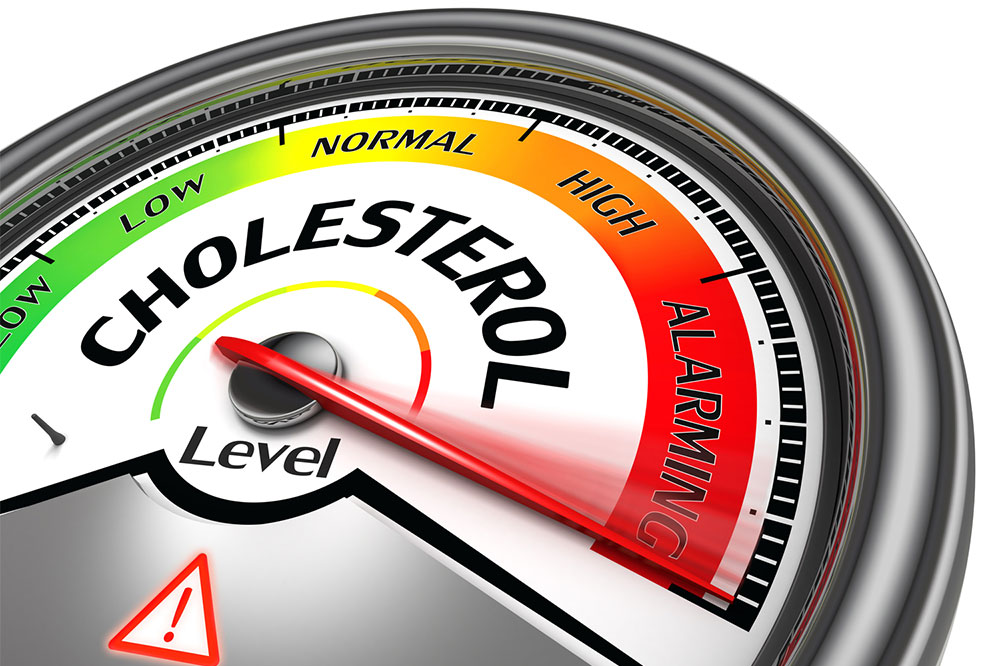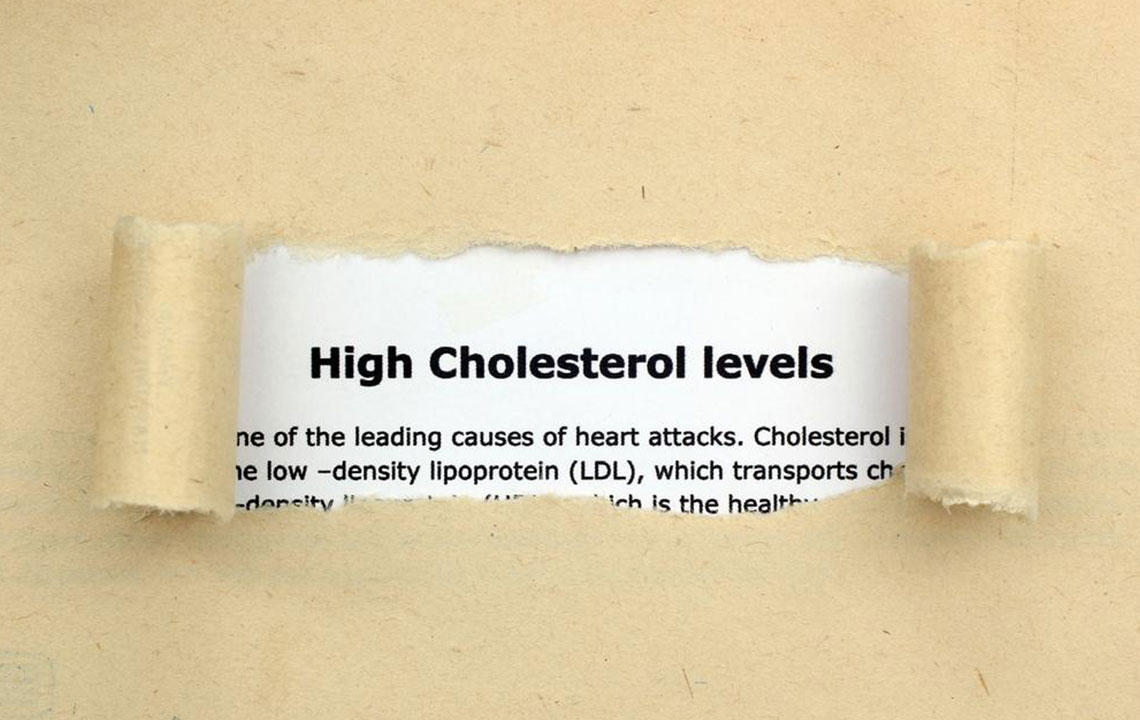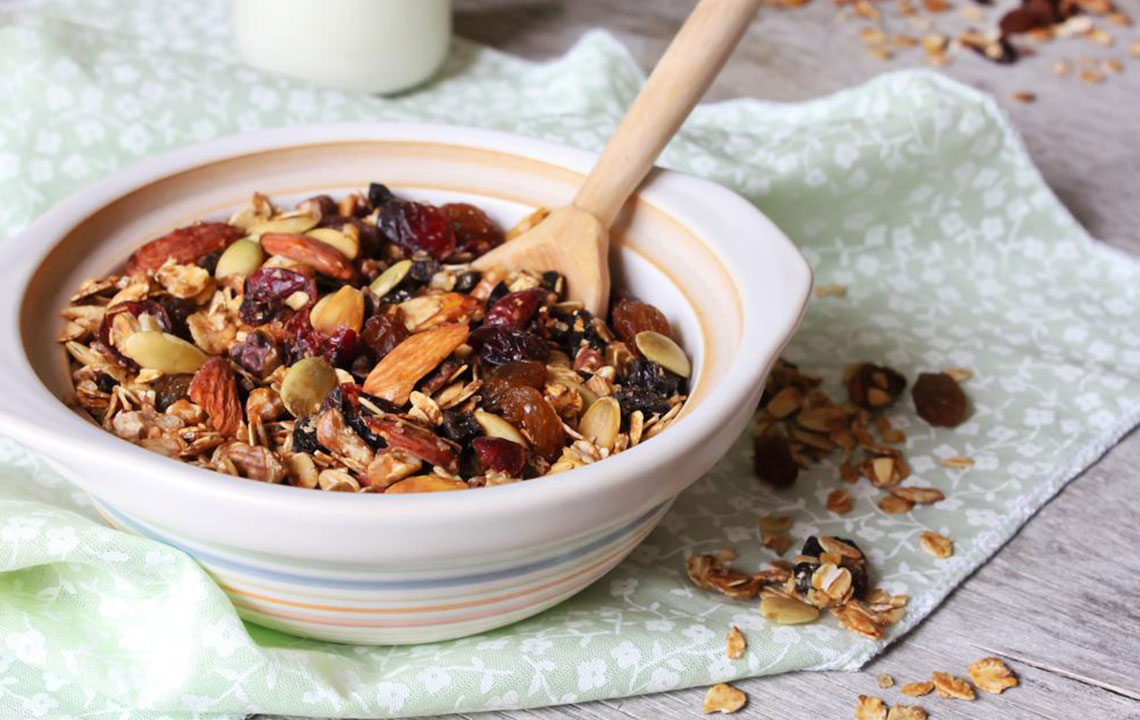Unveiling Myths About Cholesterol and Heart Health
Discover the essentials of cholesterol, including the differences between good and bad cholesterol, factors influencing levels, and how they impact heart health. Learn how lifestyle and genetics play a role in maintaining optimal cholesterol levels to prevent cardiovascular diseases.
Sponsored

Understanding Cholesterol and Its Impact
High cholesterol affects nearly one-third of Americans, earning it the title of a silent threat. Although cholesterol itself isn't directly deadly, elevated levels significantly increase the risk of heart disease and stroke, two leading causes of death in the United States. To grasp how cholesterol influences these health issues, it's essential to understand what cholesterol actually is.
What is cholesterol?
Cholesterol is a vital, fat-like substance present in all body cells. It plays a crucial role in producing hormones, vitamin D, and aiding digestion. The liver generates enough cholesterol for bodily needs, known as blood cholesterol. Additional cholesterol from foods, called dietary cholesterol, is found in animal products like meats, dairy, seafood, and eggs. Excessive dietary cholesterol can elevate cardiovascular risk.
The diversity of cholesterol: Good vs. Bad
Cholesterol from food and the liver must travel through the bloodstream, assisted by proteins called lipoproteins. These come in two forms:
LDL (Low-Density Lipoprotein): Known as bad cholesterol, LDL constitutes the majority of cholesterol and can contribute to arterial buildup.
HDL (High-Density Lipoprotein): Known as good cholesterol, HDL helps transport excess cholesterol back to the liver for elimination.
Risks of high LDL levels
Elevated LDL levels cause cholesterol to deposit along arterial walls, forming plaques. This narrows arteries, impeding blood flow, and increasing the risk of heart problems. Over time, this strain can lead to serious cardiovascular conditions.
Contributing factors to cholesterol levels
While managing dietary intake is vital, several other factors impact cholesterol levels. Some are beyond control, including:
Existing health issues: Conditions like diabetes, obesity, and genetic disorders such as familial hypercholesterolemia tend to elevate LDL levels.
Genetic predisposition: Family history can influence cholesterol levels, underscoring the importance of regular screenings.
Age: As we age, body's ability to regulate cholesterol diminishes, often resulting in higher LDL concentrations.






